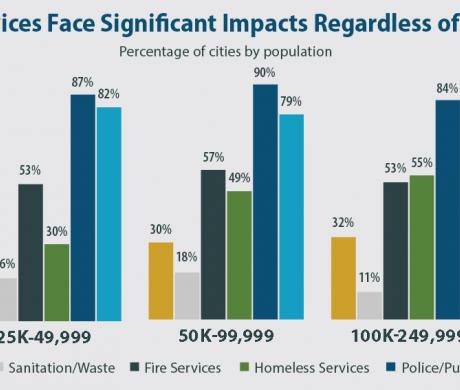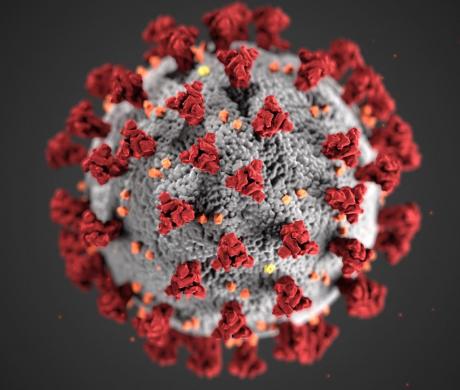Tips on Temporary Use of Public Property for Private Business
To help support local restaurants and businesses during the COVID-19 pandemic, cities throughout California are allowing dining, retail sales, and other private business operations to occur on sidewalks, temporarily closed streets and other public property. The movement of business operations from private property into public spaces creates additional liability for public agencies. The California Joint Powers Insurance Authority (Cal JPIA) offers local government agencies the following tips for effectively managing this exposure.
- Issue a permit or other written agreement to each participating business containing indemnification language in favor of the agency. The permit/agreement should also include the agency’s standard insurance requirements including commercial general liability insurance in the minimum amount of $1 million per occurrence/$2 million general aggregate with the agency named additional insured. If alcohol will be served on public property, full liquor liability insurance with the same minimum amounts should also be required. Agencies should also review their municipal code for any restrictions on the consumption of alcohol on public property.
- Separate and protect patrons from vehicle traffic. Ideally, the roadway or other areas where outdoor dining and business activities are taking place should be temporarily closed. If this is not feasible, then concrete K-rail or similar barriers should be installed around areas where patrons are present.
- Require that participating businesses take all necessary steps to identify and mitigate pedestrian hazards such as electrical cords and other trip hazards. In addition, dining areas could be cordoned off with entrances and exits identified and/or pedestrian traffic directed around the area in use.
- For fitness classes and similar activities occurring on public property, require that businesses obtain liability waivers from each participant with the agency included as a released party.
- Enforce compliance of businesses with all applicable federal, state, and local public health guidance, including the latest guidance from the California Department of Public Health.
While some agencies are waiving permit requirements for businesses operating on public property, the Cal JPIA suggests considering alternatives to make the application process less burdensome. For example, consider fast-tracking permit approvals and reducing or eliminating associated fees. This approach provides much-needed relief to local businesses while protecting the agency against liability claims arising out of private business operations.
For more information, visit the Cal JPIA website at www.cjpia.org.
Related Resources
Cities Harness Creativity as They Develop Safe Reopening Plans
Cities Use Technology to Keep Constituents Informed and Engaged During Pandemic
California Cities Demonstrate Resiliency and Leadership During COVID-19 Crisis



